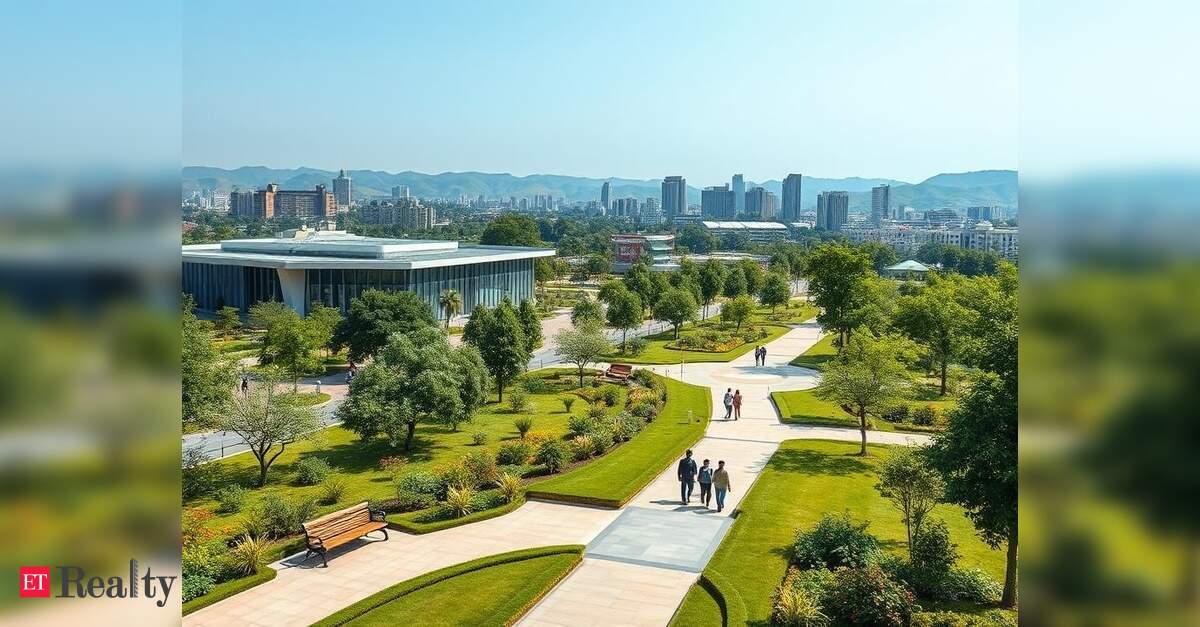The Senate Standing Committee on Energy has launched a formal investigation into the controversial leasing of a 30,000-metric-tonne Liquefied Petroleum Gas (LPG) storage facility in Mombasa to Nigerian company Asharami Synergy Ltd.
The move has sparked concern over the transparency and legality of the deal, especially since the Kenya Pipeline Company (KPC), which was initially assigned to handle the project, was left out.
The facility, located on a 23-acre public land parcel in Changamwe, was meant to be a government-led initiative aimed at increasing clean energy access and lowering the cost of cooking gas for Kenyans. But the Ministry of Energy and Petroleum’s decision to lease the land to Asharami Synergy, a subsidiary of Nigeria’s Sahara Group, for 31 years has drawn sharp criticism from politicians, experts, and residents.
Critics have raised key issues including the sidelining of KPC’s legal mandate, a non-transparent procurement process, and the lack of public participation. The Auditor General also flagged a possible loss of Sh192.6 million in public funds already spent by KPC on feasibility studies and engineering plans.
Residents of Saragota in Changamwe have written to the Senate protesting the project. They cite land injustices, environmental concerns, and failure by key government agencies such as the Energy and Petroleum Regulatory Authority (EPRA) and the National Environment Management Authority (NEMA) to consult the public. They are also worried about safety risks and unresolved questions about historical land ownership.
Busia Senator Okiya Omtatah presented the residents’ petition to the Senate.
The Senate Energy Committee’s visit to Mombasa has also sparked a broader debate on how energy infrastructure is managed in the country.
Mombasa Governor Abdulswamad Sheriff Nassir criticized Kenya Power, accusing the electricity distributor of failing to pay counties while demanding timely bill payments from them.
“Kenya Power does not pay for wayleaves in Mombasa but still expects us to pay our electricity bills. When we delay, they even disconnect hospitals,” said Governor Abdulswamad.
Senator Dr. Oburu Oginga responded by saying the Senate is working on a new law to stop Kenya Power from cutting off electricity to essential facilities like hospitals.
However, Senator Ogolla pointed out that counties also need to take responsibility for clearing their electricity debts.
“The counties also delay in paying electricity bills owed to Kenya Power,” she noted.
Senator Mungatana added that the solution lies in legal reforms to balance responsibilities between national and county governments. He supported proposals to amend the Energy Act and suggested that the national government should pay for street lighting, since security is a national function.
Despite the ongoing controversy, the LPG project is expected to bring benefits if managed properly. These include a possible 30% drop in cooking gas prices due to reduced port delays, better environmental protection, and a boost in KPC’s income through diversification.
However, critics warn that without clear oversight and strong safeguards for public interest, the benefits could be lost — especially under a long-term private lease.











